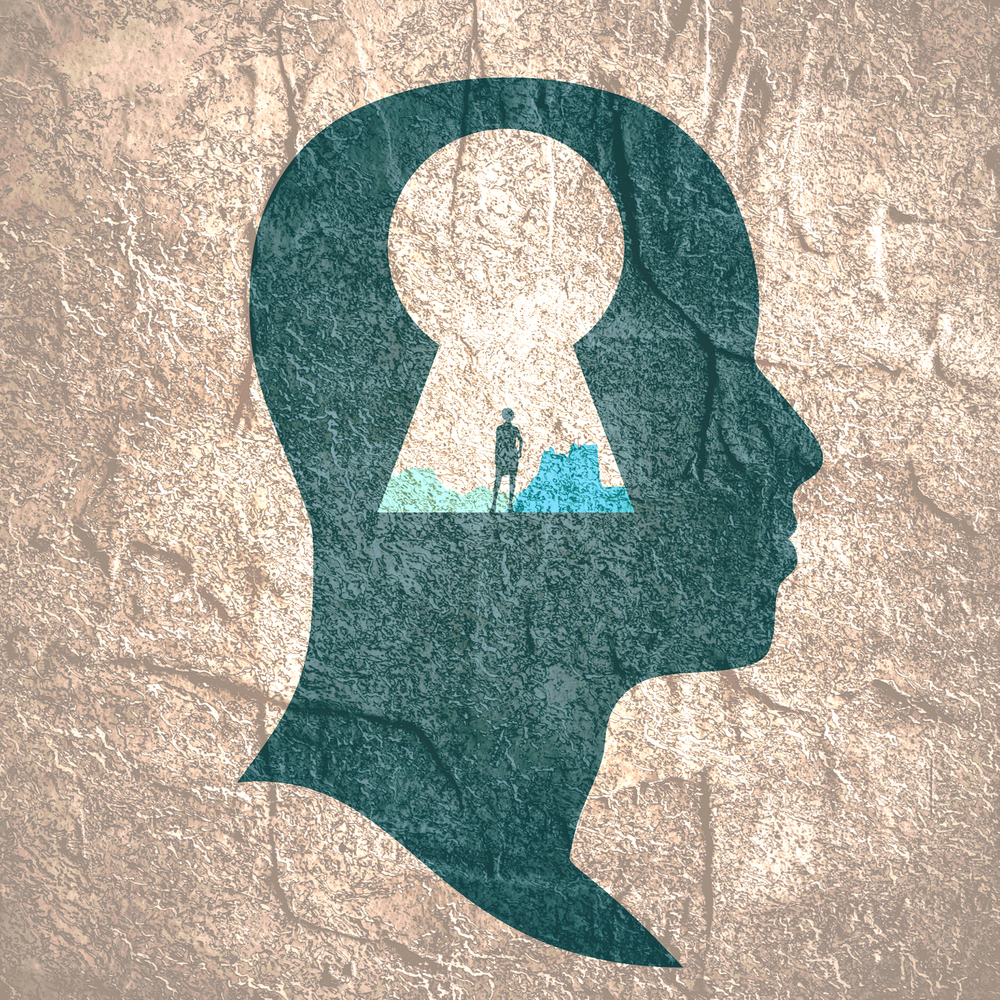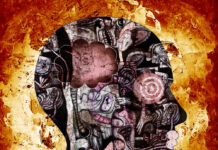A new essay published by the Journal of Psychiatric and Mental Health Nursing argues that the criteria used to justify forced psychiatric treatment are outdated and unreliable, leaving coercion without a sound ethical or scientific basis.
The essay, by Dirk Richter of Bern University of Applied Sciences, argues that psychiatry does not have a reliable disease model for determining who is “mentally ill.” On that basis, he writes, forced treatment cannot be justified. Richter warns that coercive measures are ethically indefensible and often harmful, a concern made more urgent by new U.S. proposals to expand involuntary treatment of unhoused people.
“Instead of the positive effect, the people affected tend to experience punishment, powerlessness, and humiliation,” Richter writes. “This means that psychiatric coercion is at best experienced by a minority as a measure to promote mental health, but for the most part does not lead to the well-being of the people affected.”
















Let the scholars argue all they want. It’s what they do. It’s there job. And despite these pencil necks arguing incessantly, in this case about the ethics and legal justifications of psychiatry, nothing ever changes, only gets worse. If you don’t tackle this fact in the above article, which you don’t because you want it to sound like a positive news story, then it has no value at all, because you are not even seeing the actual problem. So really you are continuing to feed the delusions we have, giving us false hope in processes that have only ever failed and that any clear perceiving person can see will continue to fail to effect any radical change, which is the only change that can help. Any change that is not radical is a nourishment of the disease that produced psychiatry and all mental health treatment modalities today.
It is true that the Finland Open Dialogue approach has excellent results, but they are no match to really understanding the solution, which is nowhere to be found out there, only within. There is a natural healing process that needs to be understood, and only those going through it can observe and understand this complex and non-verbal process and understand what is necessary and helpful to what we call recovery but is much more then that. Healing is not to go back to where you once were but to go much further still, into natural wholeness. And then we will see how society at every point makes such natural healing impossible, and to achieve it is no simple task. And when you discover all this you will talk about it, as people do in so many ways, but here will be few ears to hear. After all, yours is just one opinion among millions, and you have had a mental health diagnoses. So the solution IS the sufferer, yet we quieten them with pills and bury them with social lies. And we are starting this process younger and younger. Now even a three year old might fall pray to these pill pushing psychiatrists that are really unconscious carnivores devouring the lives of our children. And to put it any less strongly would be a disservice to the enormous horror that is wreaked on our children and on society by psychiatry – millions of stolen lives in your country alone, an everyone with brains distorted by the lies of the social process including psychiatry. I may sound like I exaggerate or am hyperbolic in what I say but for me this is an illusion based on an incomplete understanding of language. People do exaggerate but putting things very strongly is actually the opposite of understatement, which is standard in human language, so helps to restore a sense of the real magnitude of things. As Adorno argued, only exaggeration is true, because it says to much in order to overcome the inevitable ‘not enough’ of language. You really can’t make words express the true horror of psychiatry and society today, and this is the justification for that form of brutal honesty which we often call ‘exaggeration’.
Report comment
“A new essay published by the Journal of Psychiatric and Mental Health Nursing argues that the criteria used to justify forced psychiatric treatment are outdated and unreliable, leaving coercion without a sound ethical or scientific basis.”
I agree.
“The essay, by Dirk Richter of Bern University of Applied Sciences, argues that psychiatry does not have a reliable disease model for determining who is “mentally ill.”
And he is right, the DSM was confessed to be, by the head of NIMH in 2013, as “invalid” : 12 years ago.
“On that basis, he writes, forced treatment cannot be justified. Richter warns that coercive measures are ethically indefensible and often harmful,”
I agree, but sometimes, families do need help with someone who becomes “psychotic,” due to alcohol encephalitis. Is that diagnosis even in the DSM?
“a concern made more urgent by new U.S. proposals to expand involuntary treatment of unhoused people.”
Wrong move, especially given the fact banks “stole millions of houses,” and their home equity, from the American people not long ago.
“’Instead of the positive effect, the people affected tend to experience punishment, powerlessness, and humiliation,’ Richter writes. ‘This means that psychiatric coercion is at best experienced by a minority as a measure to promote mental health, but for the most part does not lead to the well-being of the people affected.’”
True.
As to your 5 points …
1. “Does psychiatry have a valid disease model?”
Obviously, no, since the “invalidity” of it was confessed to 12 years ago.
2. “Are psychiatric therapies effective?”
Well, since the ADHD drugs and antidepressants can create the “bipolar” symptoms. And the “bipolar” drugs, which are the same as the “schizophrenia” drugs, can create both the positive and negative symptoms of “schizophrenia,” via anticholinergic toxidrome and neuroleptic induced deficit syndrome. Obviously, that would be untrue also.
3. “Are measures used as a last resort and in the least restrictive way?”
No, I will say, as one who dealt with a now FBI convicted doctor, who had lots of people medically unnecessarily sent to himself, had them psychiatrically “snowed,” so he could do unneeded tracheotomies on them for profit.
4. “Are coercive measures taken for the person’s benefit?”
Absolutely not.
5. “Can autonomy be restored through coercion?”
Again absolutely not. A lot of healing has to take place, after such medical, religious, and even governmental betrayal.
Psychiatry needs to clean up the deplorable mess they’ve created, try to safely wean people off their neurotoxins. And that bad system needs to be weaned out of existence.
I do think this is the root of the problem in the US:
https://www.thelibertybeacon.com/when-the-united-states-became-a-corporation/
As a small American banker’s daughter, whose family did supposedly keep track of the money, within our dreams, when the big globalist banks obviously did not. I’m pretty certain we need to get rid of Western civilization’s bad systems, which most definitely includes psychiatry … but also includes the globalist usury based banking system.
But in the meantime, I do agree, “Housing First,” without psychiatric or psychological intervention, is the best path forward.
Report comment
But we have to ask ourselves. What’s the difference between sex, murder and war? They are so many little deaths. Murder starts in the darkest parts of the man. War emerges from the darkest months of womanhood. Peace begins with groans of ecstasy, but ends up in a black and blissful nothingness at any rate. Because that is what peace is. (Don’t say it, the Devil.) It’s all we need to know about sex, love, death, murder and war. These things mean time, measure, illusion.
Report comment